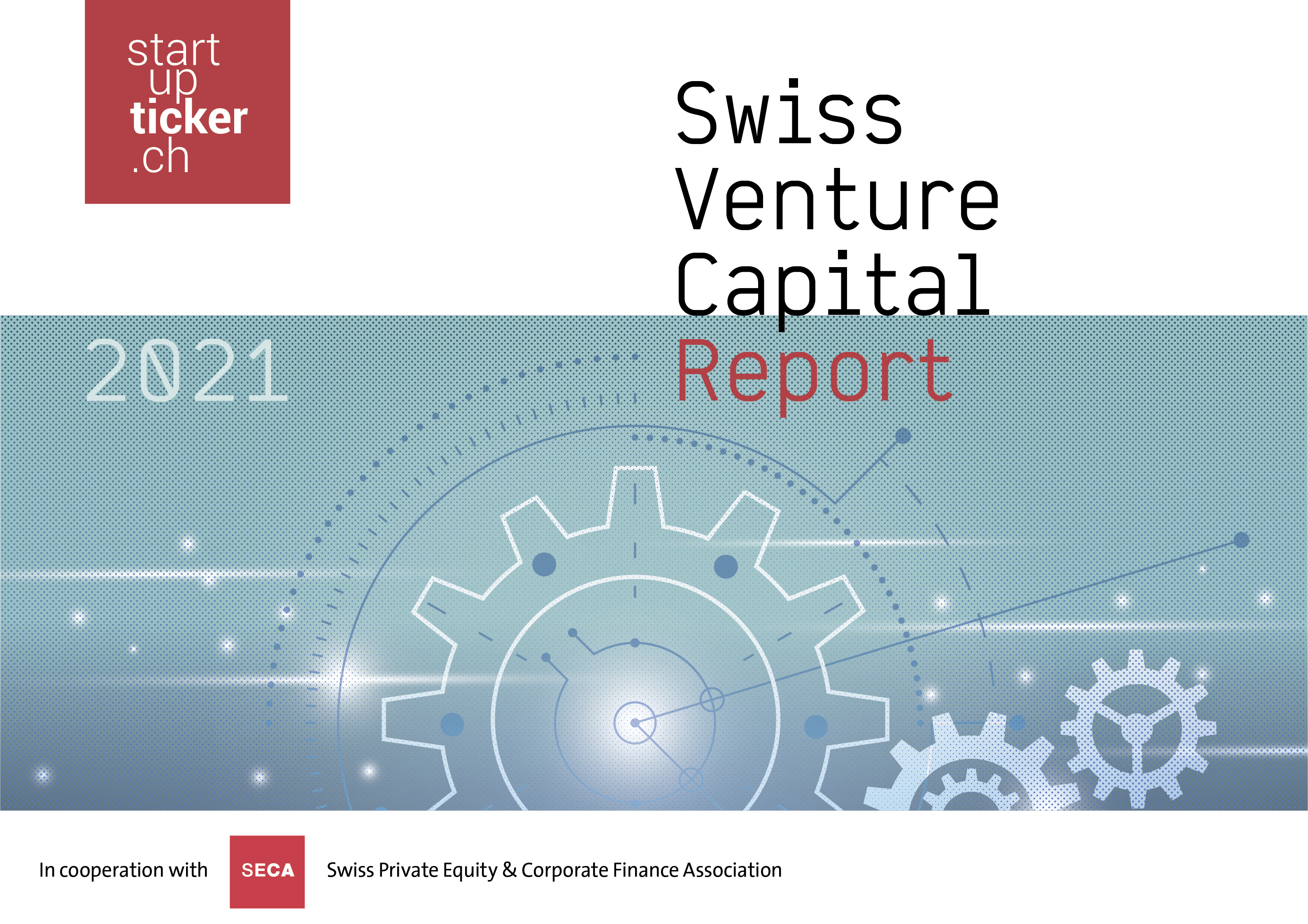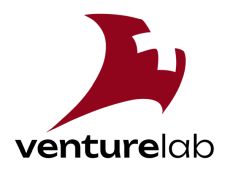Biotech start-ups: trends, opportunities and challenges

Last week the annual event from Basel Incubator, EVA and BioBAC took place in Basel. The lead speakers talked about the future of the pharmaceutical industry and discussed measures with which to overcome the lack of venture capital.
The event organised by Basel Incubator, EVA and BioBAC began with a keynote speech by William Burns, member of the board of directors at Roche. In his talk, Burns focused not on the obstacles that face pharmaceutical and biotech companies but on their opportunities in the coming years. He painted a rather optimistic picture and gave several reasons why he thinks the industry will be successful. He mentioned demographic developments, and the technological and scientific progress that makes new products and services possible; for example, in the field of e-health and m-health.
Burns gave also some advice to start-up founders, pointing out that they must be fully aware of the fact that regulatory hurdles have become higher. Young companies need ambitious goals to overcome those obstacles. In addition, he mentioned the trend towards orphan drugs and personalised medicine, both of which are of great importance. They create promising possibilities for young companies, but also restrict the number of available patients for a new drug. Start-ups must learn how to profit from the advantages, and how to master the challenge of a decreasing market size for their products. Given these trends, Burns was clear that only start-ups with a strong scientific base would be successful.
After two company presentations by biotech start-ups BioVersys and NBE- Therapeutics, the most prominent topic of the event was financing. In his talk, Erich Platzer, member of the board of BioBAC and StartAngels, spoke about the work of business angels. Platzer pointed out that the average return of business angel investments is very good: although about 50% of investments are total losses, 5% to 10% are highly profitable.
The central issue of the panel discussion of the event was the question of how to attract more investors. Professor Pascal Gantenbein of Basel University pointed out the paradoxical situation in Switzerland: start-ups complain about the dried-up venture capital market, particularly for early stage companies, but in fact plenty of money is available. The challenge is to bring money and companies together.
The panellists gave several suggestions. Marc Gitzinger, CEO of BioVersys, said he felt that many people are interested in an investment that brings close contact with the company. To exploit this potential, the possibilities of investing in young companies should be better communicated.
Gantenbein also said that more data on the profitability of venture investments would be helpful; he proposed a fund that would be able to invest larger amounts than business angels, thus minimising the risk for individual investors. Platzer mentioned family offices as an untapped source of venture capital.
The two entrepreneurs on the panel, Gitzinger and Ulf Grawunder of NBE Therapeutics, also gave some advice to biotech founders. Gitzinger stressed the necessity to be honest with investors, and Grawunder pointed out that the best solution to the lack of venture capital is to earn money as fast as possible.


 The new Swiss Venture Capital Report was published on 26 January. It analyses 304 financing rounds closed in 2020 and includes further article such as an interview with Michael Hengartner, President of the ETH Board, and a list of Swiss "soonicorns".
The new Swiss Venture Capital Report was published on 26 January. It analyses 304 financing rounds closed in 2020 and includes further article such as an interview with Michael Hengartner, President of the ETH Board, and a list of Swiss "soonicorns". 




















































Please login or sign up to comment.
Commenting guidelines